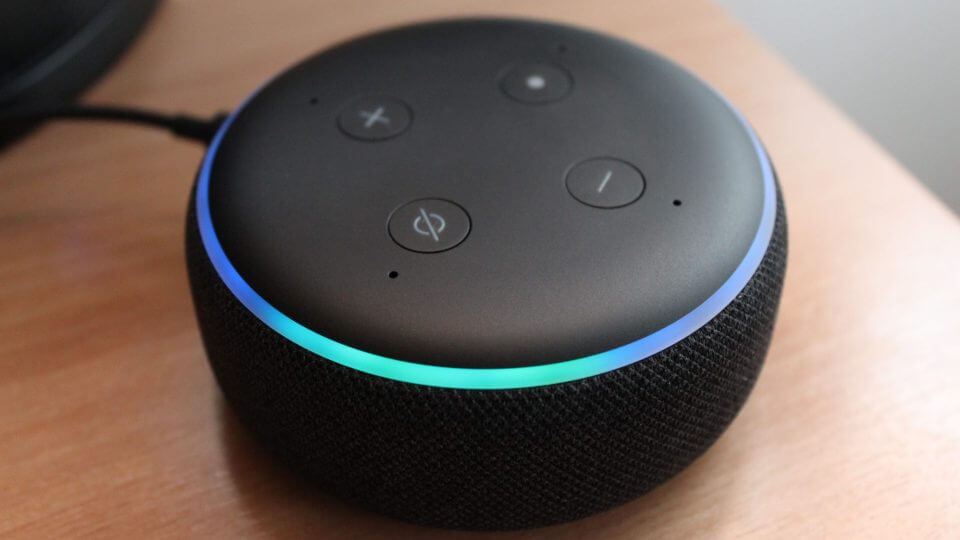A recent District Court decision has called into question the enforceability of mandatory arbitration clauses against third parties that use a product or service but do not themselves agree to arbitrate. On April 9th, Judge Richard Jones from the U.S. District Court for the Western District of Washington denied Amazon’s motion to compel arbitration in a class action suit brought by the children of Alexa-enabled device owners—despite the existence of a valid contractual agreement between their parents and Amazon.
The case centers around a claim that Amazon’s devices record and permanently store children’s confidential communications, in violation of state law. Amazon sought to compel arbitration because Amazon’s Conditions of Use and the Alexa Terms of Use—both of which a user must agree to when setting up the device—include mandatory arbitration provisions. Amazon argued that although the children were not signatories to any contractual agreements with Amazon, they were still subject to the terms based on principles of equitable estoppel. In support of their claim, Amazon argued that the children used and benefited from the Alexa-enabled devices, and that their rights were derived directly from their Parent’s rights as account holders.
Finding none of Amazon’s arguments to be persuasive, the District Court adopted the Magistrate Judge’s recommendation and held that the children could not be subject to the arbitration provision. The key question, according to the Court, was whether both parties agreed to arbitrate based on state law principles of contract interpretation. Under Washington state law, non-signatories are generally not bound by arbitration clauses, subject to very limited exceptions—none of which the Court found applied to the children. The Court rejected Amazon’s argument that the arbitration provision should apply to anyone that “directly benefits” from the contract. In doing so, the Court found that at most the children received an “indirect benefit” from their parents’ agreements with Amazon.
Although it remains to be seen whether other courts will adopt this approach—and whether this line of reasoning will extend to third parties other than children—the holding could have significant implications for the tech industry, as many products, particularly “smart” home devices, are purchased by a single person but used by multiple family members. Judge Jones did provide a roadmap for companies seeking to avoid this issue in the future, writing that “if Amazon wanted to include a provision in the agreement requiring the parents to consent to arbitration on behalf of their minor children, it could have done so.” Companies might want to heed Judge Jones’s advice and insert language unequivocally stating that the signatory is assenting to arbitration on behalf of all other users, or that the signatory is the only authorized user of the product or service.


